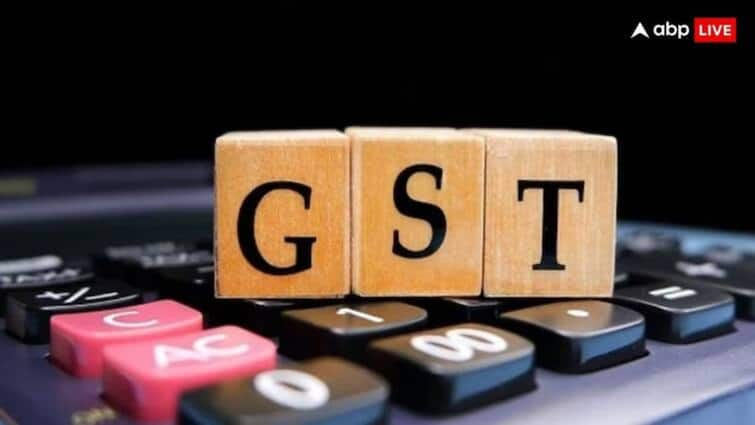The Finance Ministry has unveiled a proposal for a streamlined Goods and Services Tax (GST) regime featuring two main slabs – a standard rate and a merit rate – along with special rates for specific goods.
The move comes shortly after Prime Minister Narendra Modi, in his Independence Day address from the Red Fort, promised that next-generation GST reforms would be announced by Diwali, offering significant relief to ordinary citizens and small businesses.
Focus on Rate Rationalisation
According to the ministry, the proposal has been sent to the Group of Ministers (GoM) set up by the GST Council to study rate rationalisation and related reforms. The key objectives are to simplify the structure, reduce the tax burden on everyday items, and address long-standing industry concerns, reported IANS.
The ministry noted that rationalising rates would especially benefit the common man, women, students, the middle class, and farmers. Among the suggested measures is lowering GST on essential household goods and aspirational products to enhance affordability, stimulate demand, and make these items more accessible across income groups.
Fiscal Space for Reform
Officials highlighted that the discontinuation of the compensation cess has created fiscal room to realign and rationalise GST rates. This flexibility, they argue, will help build a sustainable tax structure over the long term.
A significant part of the reform plan is the correction of inverted duty structures – aligning input and output tax rates to prevent the excessive build-up of input tax credit. This, the ministry said, would strengthen domestic value addition and support local manufacturing.
Also Read : FASTag Annual Pass Goes Live: Check Fees, Benefits, Coverage, And Usage Rules
Simplifying Compliance and Building Confidence
The proposal also includes resolving classification issues to reduce disputes, simplify compliance, and ensure fairer tax treatment across sectors. Long-term clarity on rates and policy direction is seen as vital for boosting industry confidence and enabling better business planning.
PM Modi’s ‘Double Diwali’ Promise
During his address, PM Modi announced the formation of a high-level task force to drive next-generation reforms across governance, taxation, and public services. “This Diwali, I am going to celebrate a double Diwali for you. The countrymen are going to get a big gift, there will be a drastic cut on GST on common household items,” he declared, signalling sweeping changes to the tax system.
He stressed that reviewing GST rates was “the need of the hour” and assured, “GST rates will be reduced drastically. Tax will be reduced for the common people.”
Marking eight years since its introduction in 2017, GST remains one of India’s most transformative post-independence tax reforms, unifying the indirect tax framework and improving the ease of doing business, particularly for small and medium enterprises.



